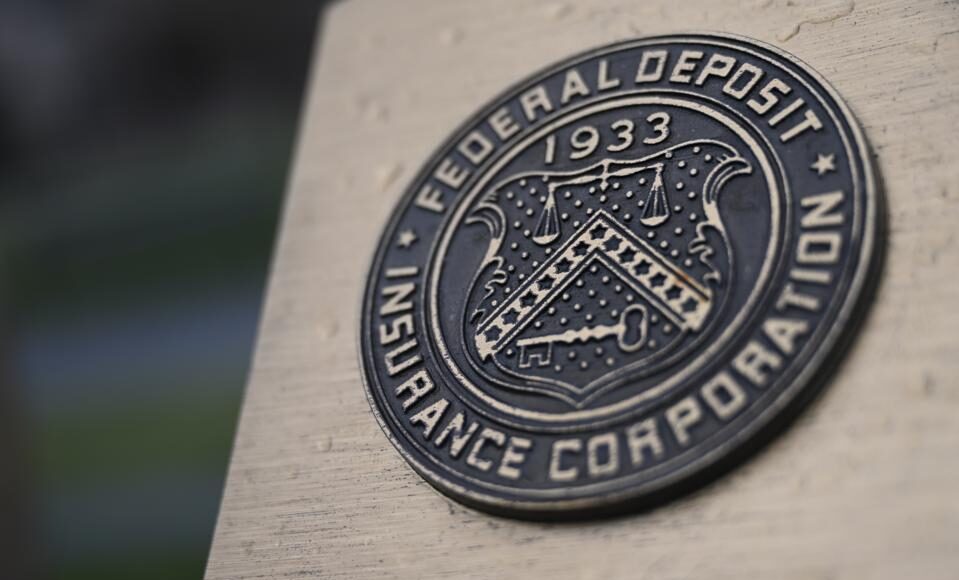Republic First Bancorp was seized by Pennsylvania regulators Friday, following a failed deal earlier this year to infuse the Philadelphia-based regional bank with new funds, amid a decline in deposits and a struggling mortgage lending business.
Republic First reported a decline in deposits in a presentation to investors last year, which also indicated the value of the company’s mortgage loan portfolio had “declined substantially in a rising rate environment.”
The company said at the time it would “wind down and exit” the mortgage business and instead focus on consumer deposits, of which about 60% were uninsured as of last June, The Wall Street Journal reported.
The Norcross-Braca Group said in September it would invest $35 million into Republic First if the bank filed its 2022 report and scheduled a required shareholder meeting.
The investment group backed out of the deal in February after Republic First failed to hold its shareholder meeting, which was reportedly postponed in November to “better align with the timing of the transaction close.”
Despite the failed deal, Republic First said in a regulatory filing the bank’s strategic plan was designed to work without the Norcross-Braca infusion, noting the bank had an “adequately capitalized position” that has a “strong deposit base and ample liquidity.”
The Pennsylvania Department of Banking and Securities seized Republic First on Friday, following speculation the bank would be seized by regulators as it looked for a potential buyer. Fulton Bank reached an agreement to take over Republic First’s 32 branches across Pennsylvania, New York and New Jersey, which will reopen under the Fulton Bank name. Before the seizure, Republic First was delisted by Nasdaq in August, after the bank failed to file its fiscal year 2022 report with the Securities and Exchange Commission. Republic First claimed the report was not filed because of its “former executive team’s failure to maintain adequate internal controls.”
In 2022, Republic First’s financial auditor told the bank it had “material weaknesses in internal control over financial reporting,” according to a regulatory filing. That auditor was dismissed by Republic First in February.
Republic First’s seizure is the fourth by federal or state regulators since the start of 2023, following the collapses of Silicon Valley Bank, Signature Bank and First Republic Bank, which were substantially larger than Republic First. Republic First had about $6 billion in assets and an additional $4 billion in deposits in January, according to the FDIC, whereas Signature Bank had $110 billion in assets and $88 billion in deposits. First Republic had $232.9 billion in assets and $104.5 billion in deposits when it was seized, while Silicon Valley had assets totaling $209 billion.
Feddie Strickland, an analyst at the financial consulting firm Janney Montgomery Scott, told The New York Times that the banking sector would likely remain stable despite Republic First’s collapse. Bank failures last year—which happened in rapid succession—were “really banks with a certain specialization,” Strickland said, adding he believes “small banks are in good shape.” Silicon Valley Bank was a lender to tech startups, while Signature Bank was a leader in cryptocurrency lending and First Republic had a largely high-net-worth clientele.








